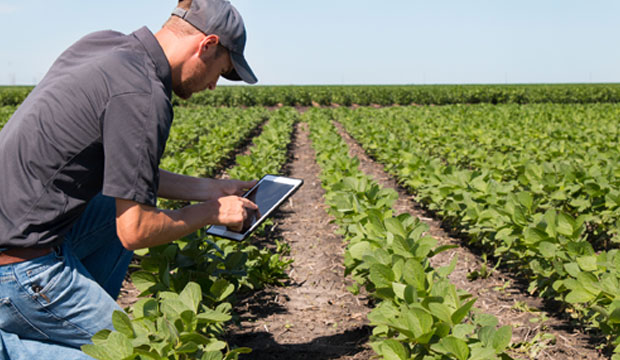Thanks to member PSPA Member Duncan Allison for wonderful article on some current issues.
Climate change is one of the major challenges of our world together with how we are going to meet the increased food needs of 10 billion people, many with higher standards of living. However there are many other factors which must be considered when considering the future.
Summer is a good time for reading and I can strongly advise reading Charles C. Mann’s The Wizard and the Prophet. By studying the lives and accomplishments of “two remarkable scientists” William Vogt – the Prophet and Norman Borlaug – the Wizard, Mann explores their “diametrically opposed world views, our relationship with the planet and how to confront the challenges of tomorrow – earth, water, fire, and climate change.” I have rarely read a book tackling such vast and complex subjects so thoroughly and felt that I had gained a clear, balanced and even optimistic understanding about our future.
Science must continue to play a critical part in agriculture and Secretary Perdue’s support for the new genome editing technology, such as CRISPR, and his criticism of the EU for the European Court of Justice adverse ruling on these new mutagenesis methods provides proof. ”The global regulatory treatment of genome-edited agricultural products has strategic innovation and trade implications for U.S. agriculture… In light of the ECJ ruling, USDA will re-double its efforts to work with partners globally towards science and risk-based regulatory approaches.”
Further Technology investment for the future – Secretary Perdue announced that USDA is implementing the e-Connectivity Pilot Program, another strong indication of the U.S. government’s willingness to invest in rural areas by making broadband technology available. “Reliable and affordable internet e-Connectivity truly is the key to prosperity in the 21st Century…as it is the next interstate highway system of global commerce…” Farmers today are heavily reliant on access to the internet for a wide range of marketing and crop management information. Broadband also benefits schools, health care, public safety etc. Agriculture is not the only sector to benefit.
Collaboration between farmers and food marketers – We know there is much greater awareness of the composition and health value of our food. As a result there is greater need to focus on how diet can promote health and prevent excesses and nutrient deficiencies. Labelling of food has become a major issue, particularly for the younger generation. There are implications for the whole food chain. Farmers are having to respond to market demands at the same time as producing crops and livestock and make a reasonable living. We can expect much greater liaison between producers and marketers so that consumer demands are being met for health, quality, quantity, sustainability and timeliness.
Exports now represent 20% of current agricultural production and a very wide range of crops and livestock are involved. A high percentage of some crops are exported – walnuts 79%, cotton 76%, almonds 67%, rice 55% and the biggest one, in terms of total value, is soybeans at 50% but huge volume. Fruits include grapes 36%, cherries 19% and apples 18% and smaller percentages of total production for livestock products – pork 20%, poultry 16%, dairy 15% and beef 10%. Not surprisingly the destination countries include our major trading partners – Canada $20.5 billion, China $9.6b, Mexico $18.6b, Japan $11.9b, EU $11.5b and South Korea $6.9b. I suspect it is safe to say that many of our farmers will be heavily dependent on export markets so that international relationships will continue to be critical so that such markets can be maintained.
Farmers are very aware of the importance of solid trade relations – a recent national survey of famers has confirmed the concern about trade conflicts and they exist across farming. The Ag Economy Barometer has found that 29% of farmers surveyed considered adverse trade relations were 10% more likely to impact farm income, 36% thought it could be 10-20% and 35% more than 20%.
A wide range of new technologies are critical to ensure that our farming can continue to be competitive and meet the further demands of consumers, governments and overseas markets. One report makes it clear that no single technology will be sufficient and it will require technologies working together to reduce the labor component, acquire the critical weather, soil, optimum genetics, nutrition and pest information, etc. to assure economic and appropriate quality to meet market needs. “Research portfolios need to include all areas of science and technology that can make a valuable impact – any claims that a single or particular new technology is a panacea are foolish.”

